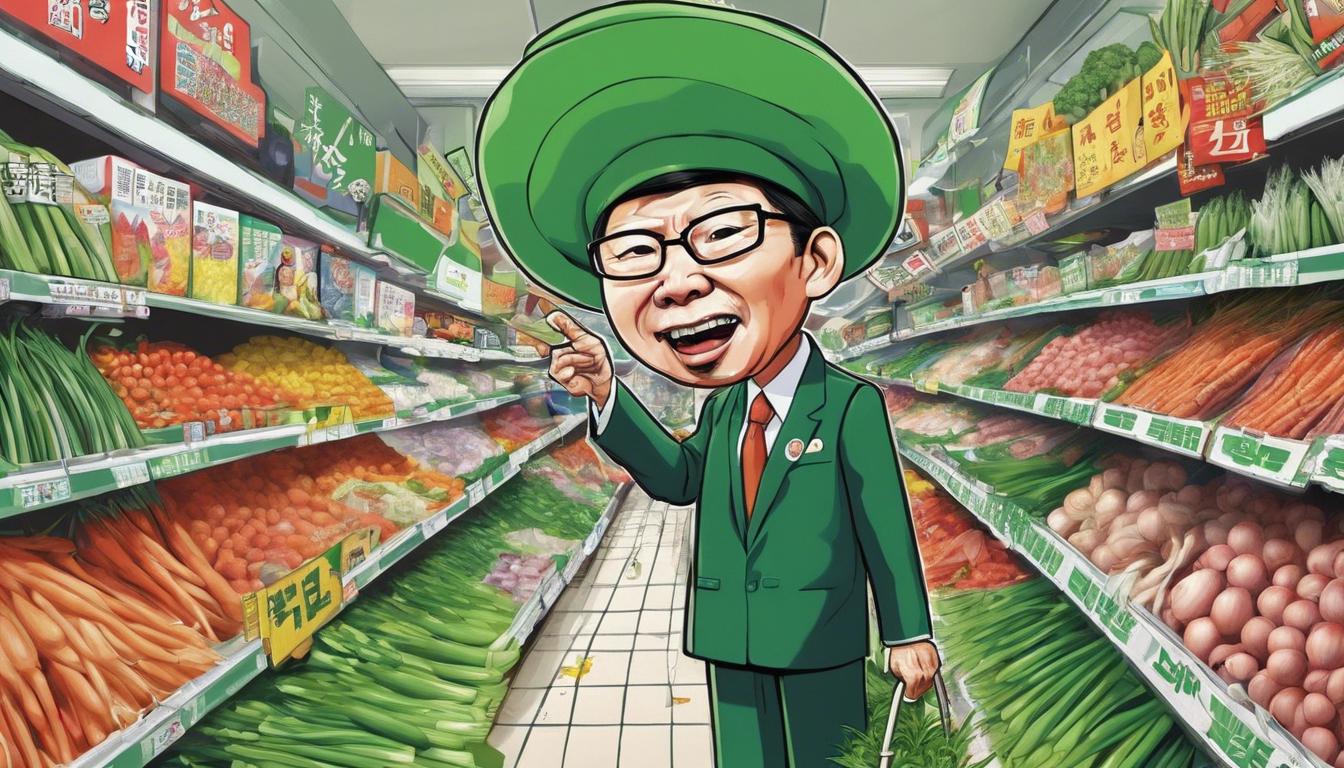South Korea’s latest parliamentary elections have led to a significant victory for the opposition, possibly complicating President Yoon Suk Yeol’s ability to implement policies amid low approval ratings and broad public dissatisfaction.
South Korea’s parliamentary elections have resulted in a significant shift toward the opposition, potentially creating a challenge for President Yoon Suk Yeol’s administration. The main opposition Democratic Party and its affiliates are projected to win up to 197 seats out of 300 in the National Assembly. This outcome may leave the ruling People Power Party with only 85 to 100 seats, according to joint exit polls by major TV stations.
This election had a record turnout, with 56.4% of eligible voters participating, amounting to nearly 25 million people. President Yoon, who took office in 2022, has struggled with low approval ratings due to economic issues and political controversies. Criticism grew when he misjudged the price of green onions during a supermarket visit, a misstep that fueled public perception of his disconnect from common economic pressures. This was exacerbated by political scandals involving his appointees and the First Lady.
The election saw the Democratic Party leveraging Yoon’s shortcomings, particularly his error with the green onion prices, to amplify their message regarding his disconnect from economic realities. The incident evolved into a broader symbol of voter dissatisfaction, with some voters even wearing green onion accessories to the polls in protest.
Despite these challenges, President Yoon has maintained some foreign policy successes, including improved relations with Japan and a firm stance on regional security threats.
The opposition leader Lee Jae-myung, while critical of President Yoon, also faces corruption accusations himself, adding to the complex political dynamic. This has benefited smaller parties, such as the Rebuilding Korea party led by Cho Kuk, which have gained momentum and could reshape the political landscape.
As the final results are being tallied, the direction of South Korea’s governance and major policies will hinge on the new parliamentary composition and how it impacts President Yoon’s ability to govern amidst an increasingly divided political arena.













